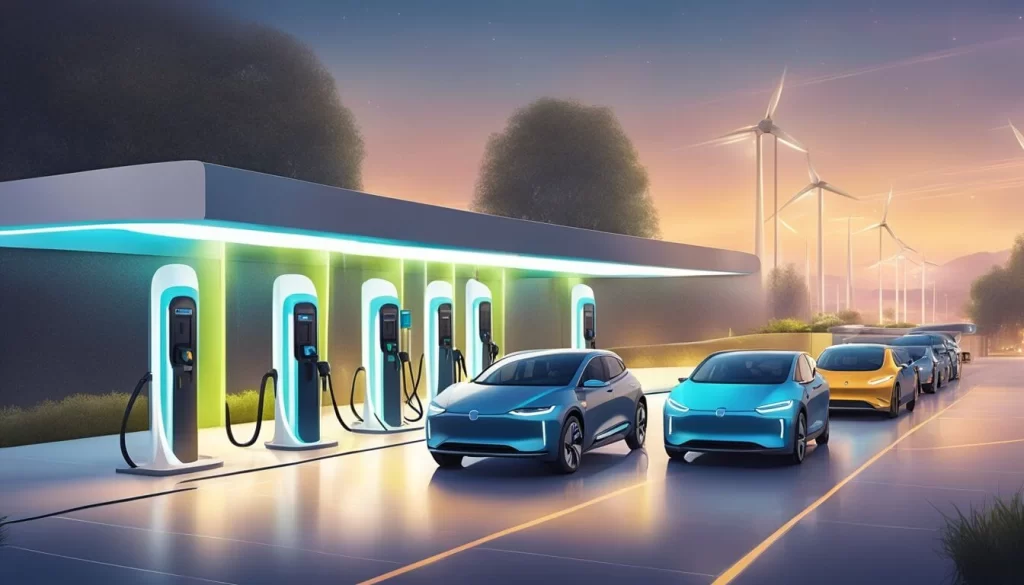Electric Car Infrastructure Building the Backbone of a Sustainable Future

Electric Car Infrastructure Building the Backbone of a Sustainable Future
A robust electric car infrastructure is essential for the widespread adoption of electric vehicles (EVs). It encompasses a range of components that support the charging, maintenance, and overall operation of EVs.
Key Components of Electric Car Infrastructure:
- Charging Stations: Charging stations provide the necessary power to recharge electric vehicles. They can range from home chargers to public fast-charging stations.
- Grid Integration: Integrating electric vehicles into the existing power grid requires careful planning and management to ensure grid stability.
- Battery Recycling: A sustainable electric vehicle ecosystem includes efficient battery recycling processes to minimize environmental impact and recover valuable materials.
- Government Policies: Supportive government policies, such as tax incentives, rebates, and infrastructure investments, are crucial for driving the adoption of electric vehicles.
- Public Awareness: Raising public awareness about the benefits of electric vehicles and addressing concerns such as range anxiety is essential for fostering a positive perception of electric transportation.
Challenges and Future Developments:
- Range Anxiety: Addressing range anxiety, or the fear of running out of battery power, is a key challenge in promoting electric vehicle adoption. A dense network of charging stations can help alleviate this concern.
- Charging Station Accessibility: Ensuring that charging stations are accessible to all drivers, including those in rural areas or with limited mobility, is important.
- Grid Integration: Integrating large numbers of electric vehicles into the power grid requires careful planning and management to avoid strain on the system.
- Battery Recycling: Developing efficient and sustainable battery recycling processes is essential for minimizing the environmental impact of electric vehicles.
As the electric vehicle market continues to grow, the development of a comprehensive and accessible infrastructure will be crucial for supporting the transition to a more sustainable and electrified transportation future. Governments, private companies, and technology developers are working together to address the challenges and ensure that the necessary infrastructure is in place to meet the growing demand for electric vehicles.




